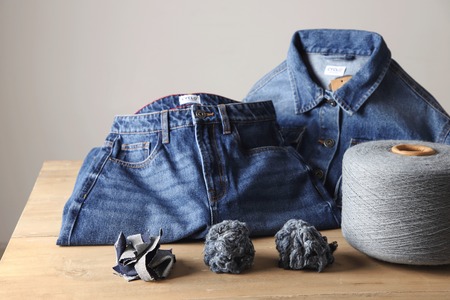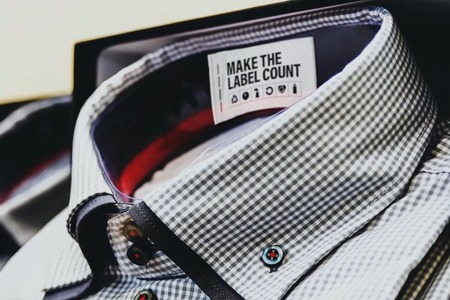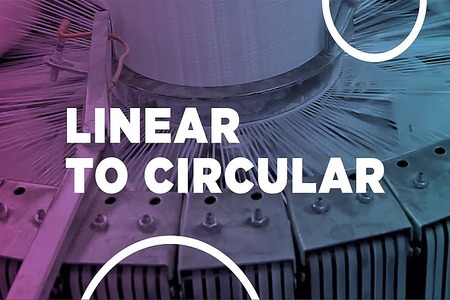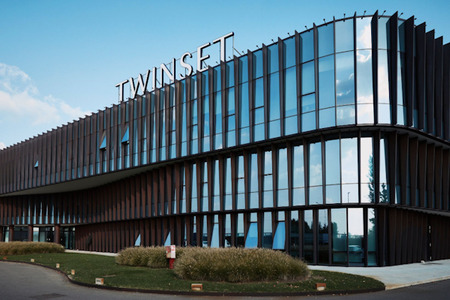
Rubi secures grant to scale CO2-to-Cellulose technology
YarnsandFibers News Bureau 2024-12-09 16:08:17 – USASan Francisco-based Rubi has been awarded a $1 million Small Business Innovation Research (SBIR) Phase II Grant from the US National Science Foundation. This funding will support the scale-up of Rubi’s groundbreaking carbon-to-cellulose platform.
Rubi has developed a unique cell-free biocatalysis technology to create materials and chemicals from CO2. Its primary focus is producing CO2-derived cellulose as a sustainable alternative to traditional wood pulp. By eliminating deforestation and reducing the environmental footprint of raw material production, Rubi aims to decarbonize textile manufacturing.
“This grant reflects Rubi’s vision for sustainable manufacturing and our commitment to leading the next wave of environmentally responsible industry,” said Neeka Mashouf, co-founder and CEO of Rubi. “As we move toward 2025, this funding will fast-track our efforts to scale CO2-derived cellulose, bridging innovative science with existing supply chains and setting a new standard for industrial growth that prioritizes sustainability.”
Unlike cell-based fermentation, which requires energy-intensive conditions and generates over 70% byproduct waste, Rubi’s cell-free biocatalysis process maximizes efficiency by converting nearly all carbon inputs into the desired product. This innovative approach eliminates the high resource demands of conventional biological processes, paving the way for a more sustainable future in materials production.
Market Intelligence
Ask for free sample Report

experience
Customer Base
dedicated team
Countries Served Worldwide









